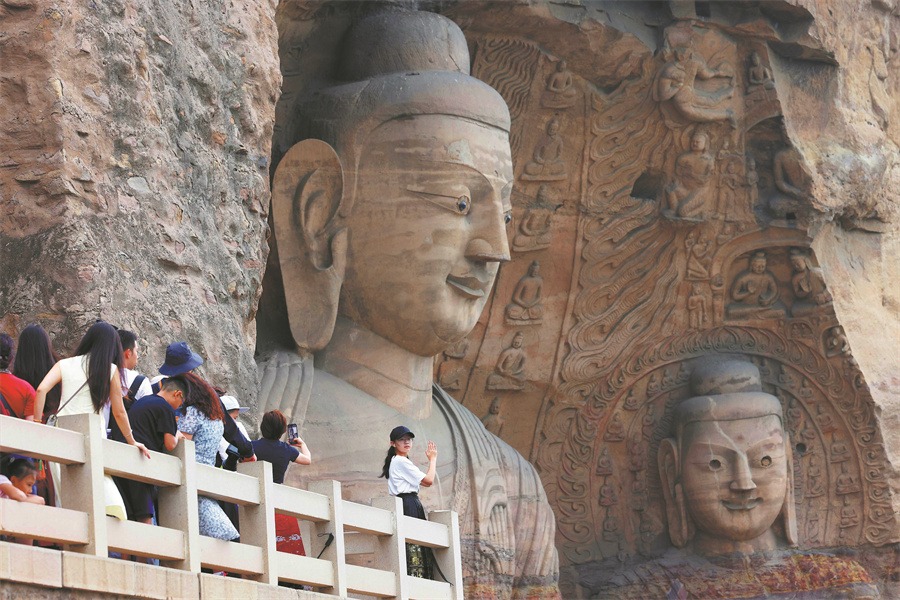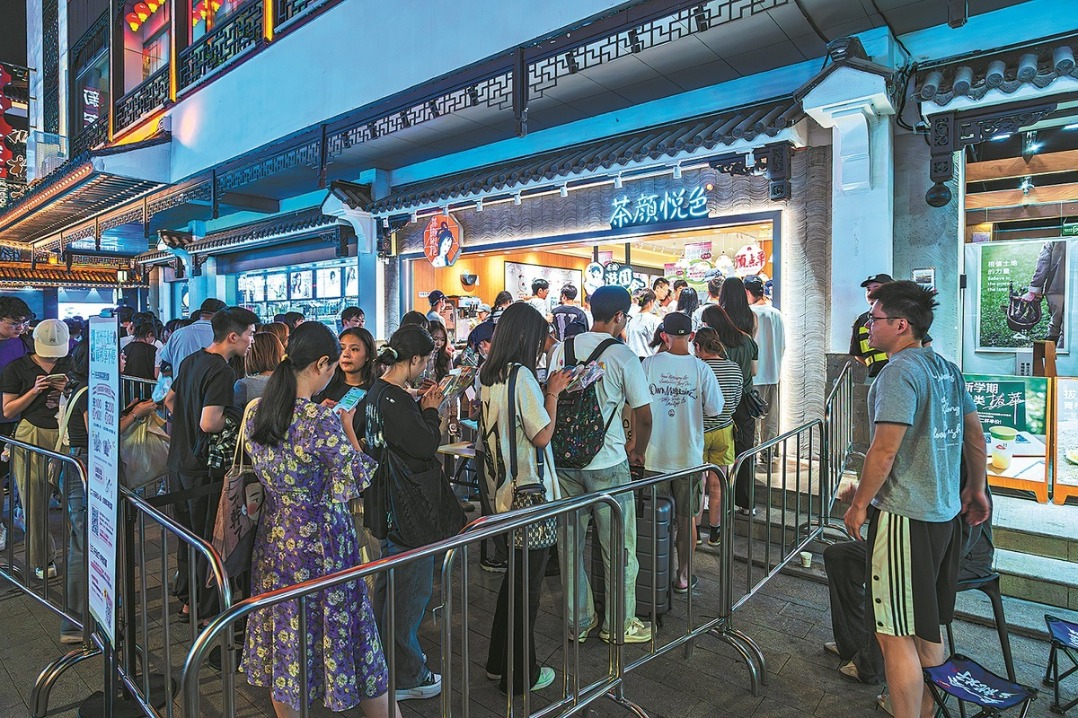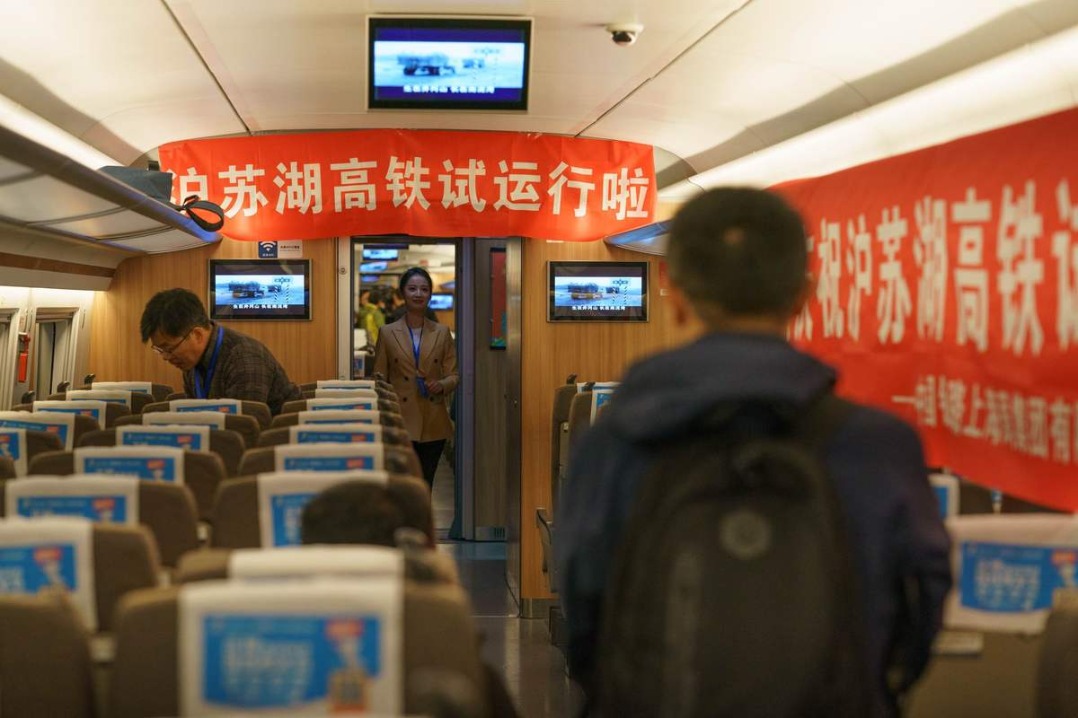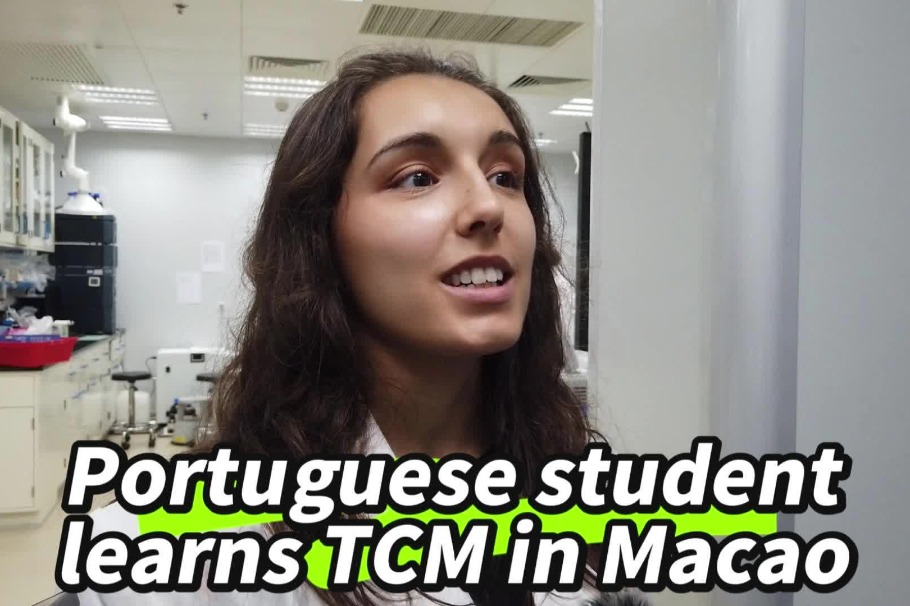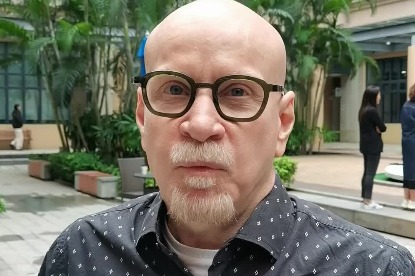Fudan University hosts symposium bridging cultures through Marco Polo


Fudan University, in collaboration with Ca'Foscari University of Venice, commemorated the 700th anniversary of Marco Polo's death with an international symposium held at Shanghai's Zhujiajiao water town, commonly referred to as "Shanghai's Venice", on Nov 23-24.
Themed, "Marco Polo's Legacy", the event gathered prominent scholars from China and Europe to explore the enduring impact of Marco Polo's travels on global civilizations.
Fudan University Vice President Chen Zhimin emphasized the significance of the anniversary as an opportunity to "celebrate and address the importance of Marco Polo's legacy", particularly in a world grappling with division and conflict. Chen stressed the need for mutual understanding and cultural exploration, saying that studying Marco Polo's Asian encounters highlights the potential for "mutual exploration and mutual enhancement".
Ca'Foscari University President and Fudan alumna Tiziana Lippiello echoed similar sentiments, asserting that Marco Polo's legacy offers a chance to "restart our connections" and "understand each other better". Lippiello highlighted the importance of immersive cultural experiences, saying, "We need to go deeply into the cultures of the people by living here, by staying here. We need to be in touch."
The symposium addressed a diverse range of topics, from analyzing Marco Polo's writings and their influence on European perceptions of the East to examining the historical significance of trade routes and cultural exchange between China and the West. Scholars delved into how Marco Polo's accounts shaped European literature, art and scientific thought.
Drawing parallels between Marco Polo's experiences and the symposium, Lippiello noted: "Marco Polo doesn't speak about Venice in his travels, but he always remembers Venice in describing Chinese cities." She added, "This is what I experienced in China, that is to transform yourself across cultures by learning other cultures, and it is a transformative process. You change your own mind."
The symposium also addressed the continued relevance of Marco Polo's experiences in the digital age. Chen acknowledged that while technology allows for instant global connection, it doesn't inherently foster genuine understanding. He emphasized the need for in-person interaction and cultural exchange programs: "We need people to talk to each other, to live with each other, to chat with each other, having coffee or having a very wonderful Chinese dinner together."
Both Fudan University and Ca'Foscari University of Venice are committed to advancing intercultural dialogue and collaboration. Chen outlined Fudan's initiatives to attract international students, expand English-taught programs and facilitate overseas study opportunities for Chinese students.
Lippiello also stressed the importance of building upon existing student exchange programs between the two universities, focusing on developing innovative interdisciplinary collaborations encompassing both humanities and sciences. She expressed enthusiasm for future collaborations, saying, "We want to build on humanities but also on sciences because today it is very important to combine humanities, social sciences with innovative programs and sciences."



















